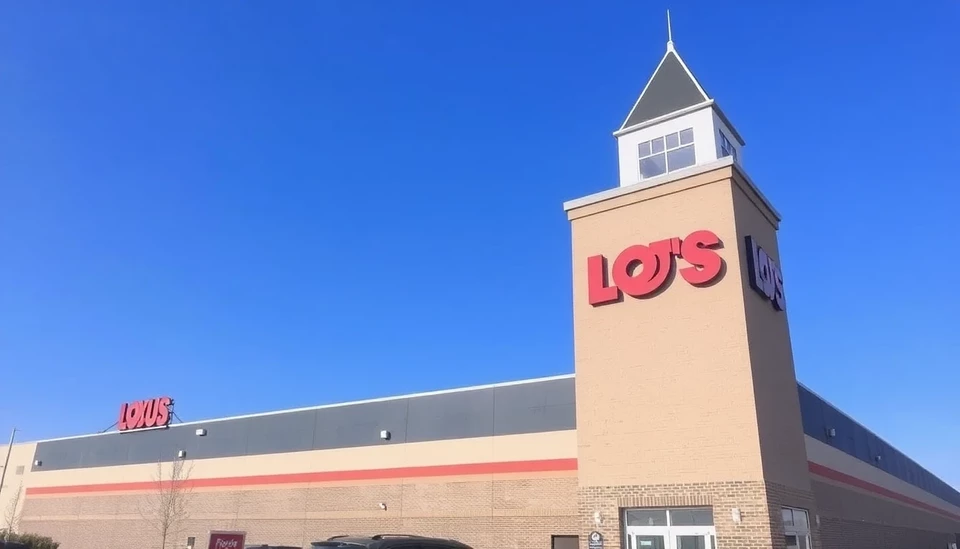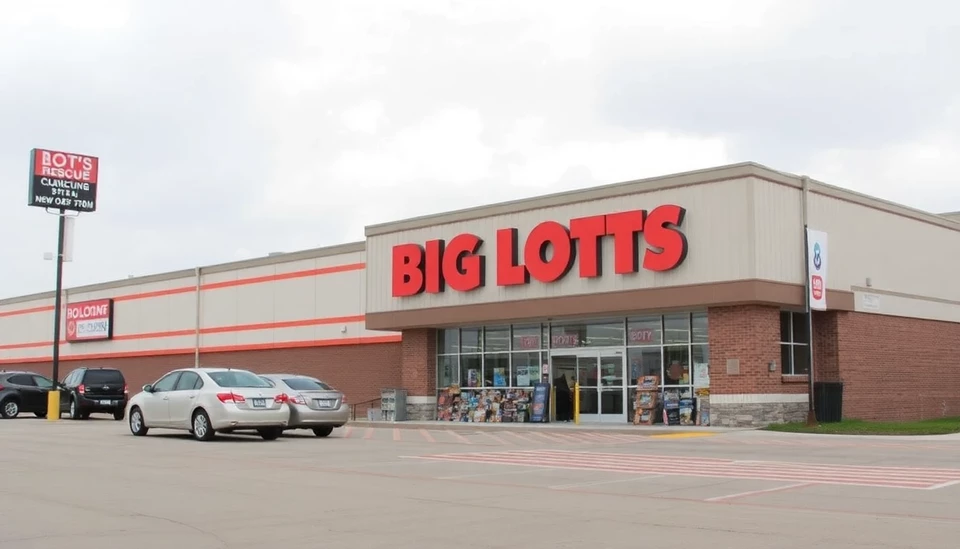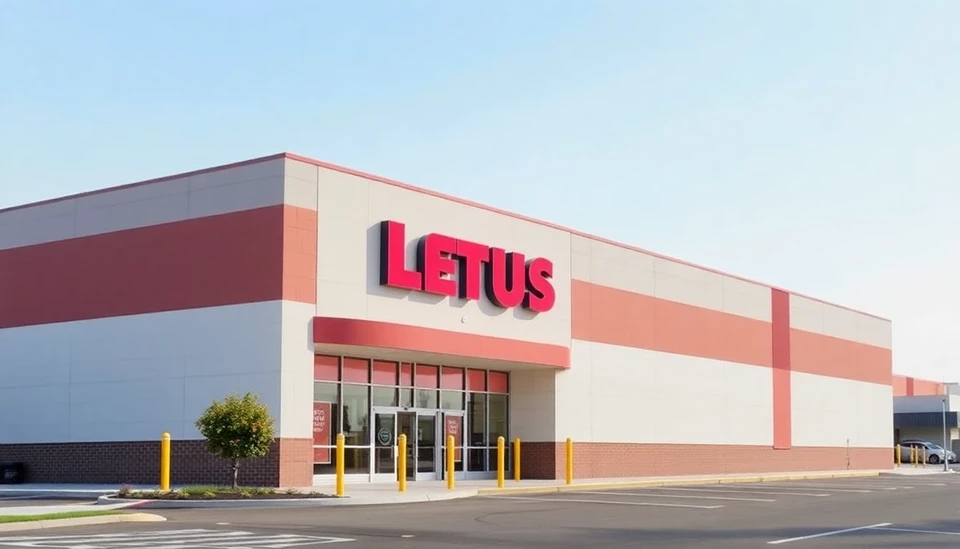
In a surprising turn of events, Big Lots, the popular discount retail chain, has announced that its plans to sell the business to Nexus Capital Management have fallen through. This decision, which comes after extensive negotiations, has raised eyebrows in the retail sector and among investors closely monitoring the company’s financial health.
Initially, the sale was perceived as a strategic move for Big Lots, designed to mitigate its financial struggles and strengthen its market position. However, reports from both parties indicate that the terms could not be mutually agreed upon, leading to the untimely collapse of the deal.
Sources close to the negotiations have revealed that the primary contention revolved around the valuation of Big Lots amidst a challenging economic landscape. As consumer spending fluctuated and the retail industry continued to grapple with inflationary pressures, Nexus Capital reportedly felt that Big Lots' estimates were not aligned with the current market reality.
Big Lots has been facing considerable challenges in recent years, including declining sales and shifting consumer preferences. The company's financial woes were exacerbated by increased competition in the discount retail sector, particularly from e-commerce giants. The prospect of a sale was seen as an opportunity to revitalize operations, allowing the company to leverage Nexus Capital’s resources and expertise.
The failed sale comes at a crucial time for Big Lots, which is attempting to navigate a complex financial environment. During a recent earnings call, the CEO highlighted several initiatives aimed at stabilizing the business, including cost-cutting measures and a renewed focus on customer engagement. However, the uncertainty surrounding its ownership has left investors wary about the company's future trajectory.
Industry analysts suggest that the breakdown of the sale could hinder Big Lots’ recovery efforts. The lack of a clear strategic direction, coupled with ongoing economic challenges, may impede the company’s ability to attract new investors or partners who could help rejuvenate the brand.
As Big Lots now reassesses its options in light of the failed sale, stakeholders will be watching closely to see how the company maneuvers through this tumultuous period. The coming months are likely to be pivotal for the retailer as it attempts to regain footing in an increasingly competitive landscape.
Investors and analysts alike are urged to keep an eye on the developments from Big Lots as the company unveils further plans to stabilize its operations and restore confidence among stakeholders.
In conclusion, the failed sale to Nexus Capital serves as a stark reminder of the complexities facing traditional retailers today, as they struggle to adapt in a rapidly evolving market.
#BigLots #RetailNews #BusinessSale #NexusCapital #Finance #Investments #RetailIndustry
Author: Victoria Adams




